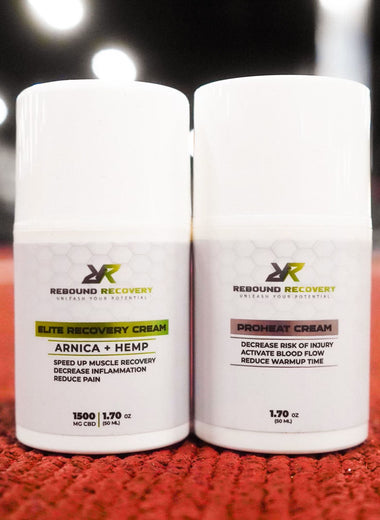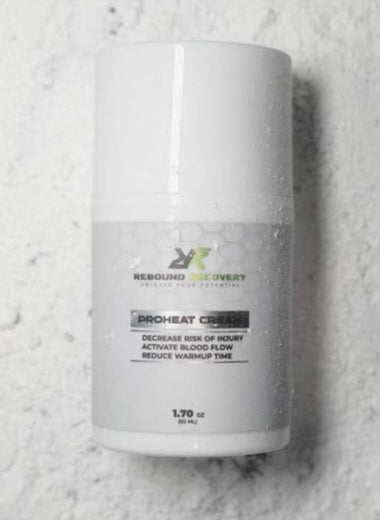Estimated Read Time: 4–5 minutes
Training hard is part of the job. But many athletes aren’t breaking down from too much volume they’re breaking down from not enough recovery.
And while overtraining gets the headlines, under-recovering is often the silent reason why you're plateauing, inflamed, or always a step behind.
This is part two of our deep dive into recovery mismanagement and how to fix it.
What Is Under-Recovering?
Under-recovering isn’t about skipping an ice bath. It’s about not giving your body the time, nutrients, or nervous system balance it needs to adapt to the work you’re doing.
This usually looks like:
-
Sleeping but not feeling rested
-
A tight chest or shallow breathing during easy efforts
-
Performance drop-offs even when workouts are “moderate”
-
Fatigue that feels more mental than muscular
You’re not necessarily overtraining—you’re just never bouncing back.
Why It Shows Up in Endurance and Hybrid Athletes
The more time you spend moving, the more recovery becomes a skill, not just a passive result.
For endurance and hybrid athletes, under-recovering shows up because:
-
You’re stacking long, high-output sessions without structured recovery
-
You rely too much on caffeine or cortisol to “get through” fatigue
-
Your system is never down-regulated—your brain stays in “go” mode, even at rest
And this leads to poor movement quality, nagging inflammation, and that constant feeling like you’re “almost” performing well, but never hitting full gear.
Recovery is More Than Days Off
Under-recovery often hides inside what looks like smart programming.
You take a rest day but still answer 80 work emails.
You eat clean but don’t hit enough protein or micronutrients.
You sleep 7 hours but wake up 3 times.
You need to think about recovery as a system:
-
Physical (tissue recovery, mobility, soreness support)
-
Neurological (stress regulation, breathwork, sleep quality)
-
Nutritional (refuel, inflammation control, hydration)
It doesn’t require a spa retreat. It requires awareness and consistency.
TL;DR
-
Under-recovery is often mistaken for overtraining
-
It shows up as fatigue, performance dips, and chronic inflammation
-
Endurance and hybrid athletes are most vulnerable due to volume and stress stacking
-
Recovery needs to be structured, not just assumed. Support it physically, neurologically, and nutritionally
Closing Thought: Build the Skill
Recovery isn’t rest. It’s work.
But when you train it like a skill, just like your stride, your lift, or your pacing it starts working for you, not against you.
Want a framework to build recovery into your training cycle?
Read our full system guide here: Rebound Recovery for Athletes





